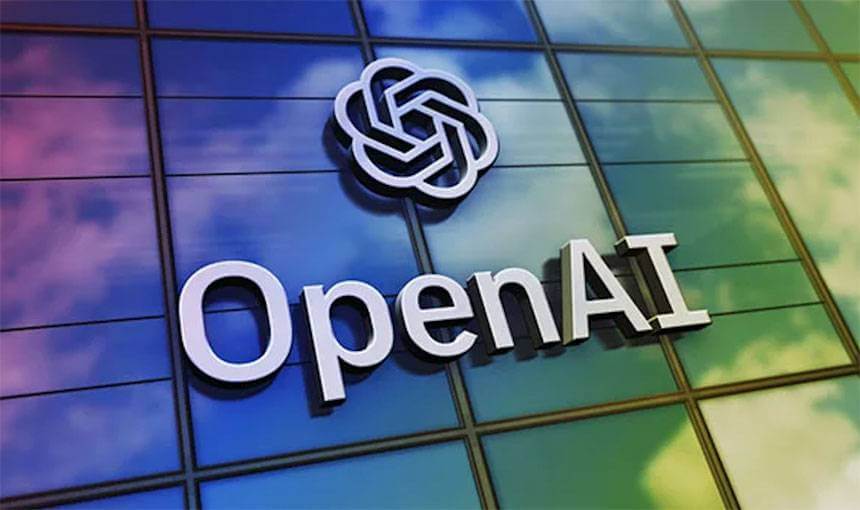OpenAI's latest experimental AI model has achieved a groundbreaking milestone, demonstrating gold medal-level performance at the International Math Olympiad (IMO). This accomplishment signals a significant leap forward in AI's reasoning and problem-solving capabilities, particularly in complex mathematical domains.
The unreleased model tackled the IMO 2025 competition, solving five out of six problems and achieving a score of 35 out of 42. This score is within the top 10 percent of over 600 contestants worldwide and high enough to earn a gold medal. The IMO is a prestigious and challenging mathematics competition for high school students, involving two exams over two days, where participants solve three math problems in each four-and-a-half-hour session. OpenAI's model competed under the same conditions as human contestants, without access to the internet or external tools.
This achievement is particularly noteworthy because the model is a general-purpose language model, not specifically designed for mathematical problem-solving. Unlike DeepMind's AlphaGeometry, which was built specifically for math, OpenAI's system draws upon broader training, showcasing its ability to apply general reasoning skills to complex mathematical problems. The model demonstrated an unusual ability to focus for extended periods and develop detailed, structured solutions. It built full mathematical arguments step by step, rather than simply recalling formulas or mimicking surface-level patterns.
The model's success at the IMO stands in stark contrast to the performance of other AI models on the same challenge. Leading models such as Gemini 2.5 Pro, Grok-4, and even OpenAI's o3 failed to reach the bronze medal threshold. This highlights the significant advancement represented by OpenAI's latest model.
OpenAI researchers emphasize that this model is strictly experimental, and there are no immediate plans for public release. While GPT-5, OpenAI's next consumer model, is expected to launch soon, it is based on separate technology and developed by a different team. The focus remains on exploring the potential of AI in general reasoning and problem-solving, with the IMO achievement serving as a significant milestone in that journey.
The implications of this breakthrough extend beyond mathematics. An AI model capable of reliably checking proofs, for example, could save mathematicians considerable time and foster greater creativity. More broadly, this advancement suggests a future where AI models can drive progress in fields like cryptography and space exploration by solving complex, multi-step mathematical problems.
OpenAI's success at the IMO underscores the rapid progress in AI and its potential to tackle challenges previously thought to be beyond its reach. While the model is not yet ready for widespread deployment, it represents a significant step toward more capable and versatile AI systems. It also demonstrates the value of general-purpose AI models that can apply broad reasoning skills to a variety of domains.

















